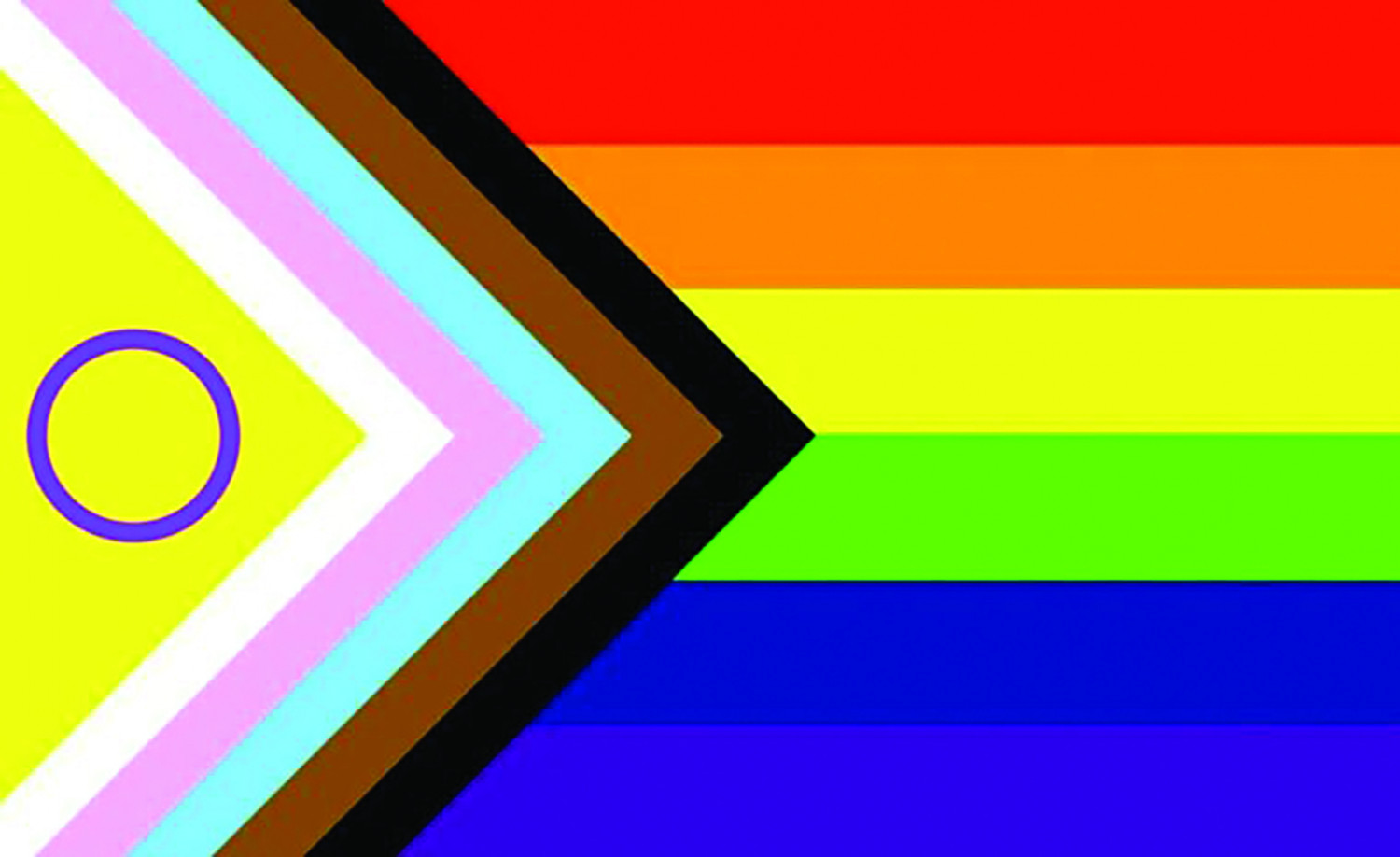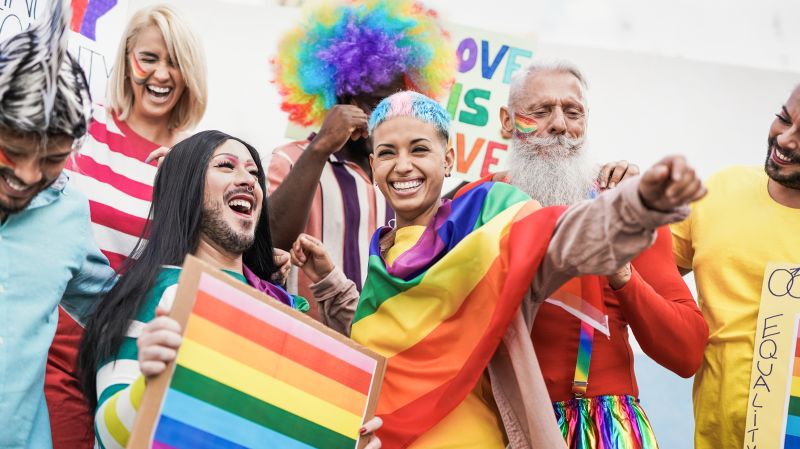As Berlin is unofficially known as Europe’s gay capital, we would like to take the opportunity and give you a little overview of Berlin’s most gay friendly districts (obviously in no way is this a complete list). The neighborhoods featured have a rich density of queer bars and clubs and convey a general feeling of inclusiveness.
S c h ö n e b e r g
When the city was divided into East and West Berlin, the Schöneberg district slowly began to develop a vibrant gay and lesbian community. As the wall came down in 1989, Schöneberg’s queer community continued to grow. Today it is known for being Berlin’s most gay-friendly district and is considered the traditional center for gay culture in Berlin. Along Fuggerstrasse, there are dozens of clubs, pubs, restaurants and all manner of other businesses catering to the queer community. A hot spot for gay culture is also Schöneberg’s Motzstraße. For a more extensive list on queer pubs and clubs in Schöneberg see a map here.
Schöneberg’s queer set up also makes it a very fitting location for Berlin’s Schwules Museum* (Gay Museum), which moved from Kreuzberg to Schöneberg’s Lützowstraße a couple of years ago. The museum presents a number of regularly changing exhibitions on everything queer. It also organizes talks, lectures and get-togethers evolving around gay culture. And! If you like to get a little bit of reading in on the topic of gay culture, their library consists of more than 20,000 volumes covering all areas of scientific inquiry from humanities, social science, sexology, fine arts and popular science. In this context it is also worth mentioning that in the last couple of years they have made a bigger effort to collect literature on female homosexuality, queer feminist theory and trans and inter experiences.
Where? Lützowstraße 73, 10785 Berlin Opening Hours: Sun, Mon, Wed, Fri 2pm - 6 pm, Thu 2 pm - 8 pm, Sat 2 pm - 7 pm, closed on Tuesdays Approx. 15 minutes from the subway station Nollendorfplatz
K r e u z b e r g
The queer scene in Kreuzberg started as an alternative to the scene in Mitte. Although Kreuzberg’s queer culture has changed over the years, there are still a few staples to be found. One of them is Möbel Olfe, which is always incredibly crowded, but a real institution. It’s an old furniture store that has been remodeled into a bar with changing events and DJs. No chance for boredom.
Close to Kottbuser Tor at Mariannenstraße you find the women’s café Oya, which mostly caters to women, lesbians, trans, inter and queer individuals. This being said, all identities are welcome (except on Thursdays, which is reserved for wltiq). They offer vegan and vegetarian dishes for lunch, reasonably priced coffee for 1,80€ and drinks in the evening hours. Events at the café revolve around queer-feminist and anti-racist topics.
No chance for understatement provides Roses in Kreuzberg, where chairs and walls consist of fur fabric. The interior is a mixture of trashy and cheesy and definitely worth a visit.
At Mehringdamm you find the queer bar Rauschgold, which is also a good location for karaoke. What you’ll get at Rauschgold is a mixture of relaxing bar venue and alternative party location. Besides karaoke, they organize regular events, with a focus on drag shows (some shows are fee-based). Stay up to date with their event calendar or visit their Facebook page.
S c h w u Z and S i l v e r F u t u r e i n N e u k ö l l n
Neukölln is not necessarily known as a particularly gay district. This being said, a couple of years ago SchwuZ, one of Berlin’s favorite gay clubs, moved from its old location in Kreuzberg to its new and bigger one in Neukölln (close to the subway station Rathaus Neukölln). Besides having a bigger venue at hand, the decision to move was also a political one. The club’s move to the culturally very distinct Neukölln represents SchwuZ’s aim to combine different lifestyles and, as the owners state, „Neukölln’s exciting Kiez is an important catalyst for this.“
The bar SilverFuture located in Neukölln’s Reuterkiez could have easily been named PinkFuture, stemming from its interior. So get prepared for some serious pink and silver vibes. The cosy queer bar is fully packed at peak times and features concerts, DJ sets and vernissages.
 To get a sense of what the lgbtqia+ culture is like in Europe and to keep up to date with country policies you can make use of different lgbtq+ organizations out there, like the
To get a sense of what the lgbtqia+ culture is like in Europe and to keep up to date with country policies you can make use of different lgbtq+ organizations out there, like the 